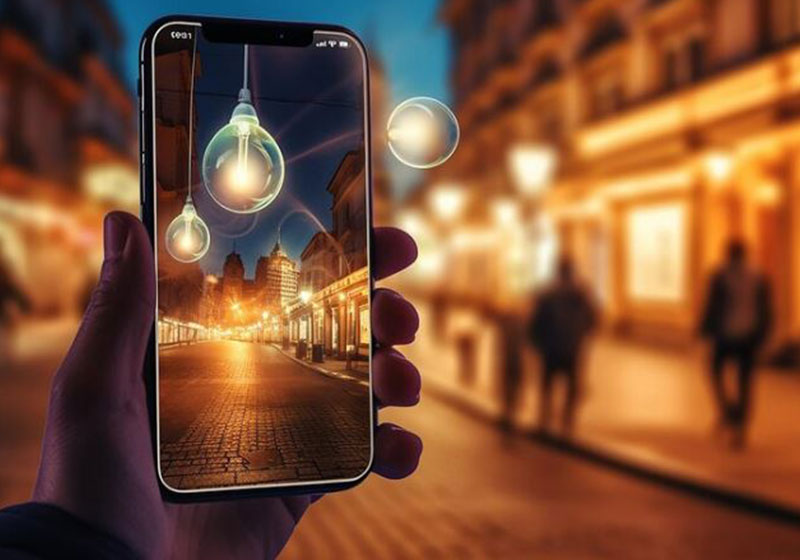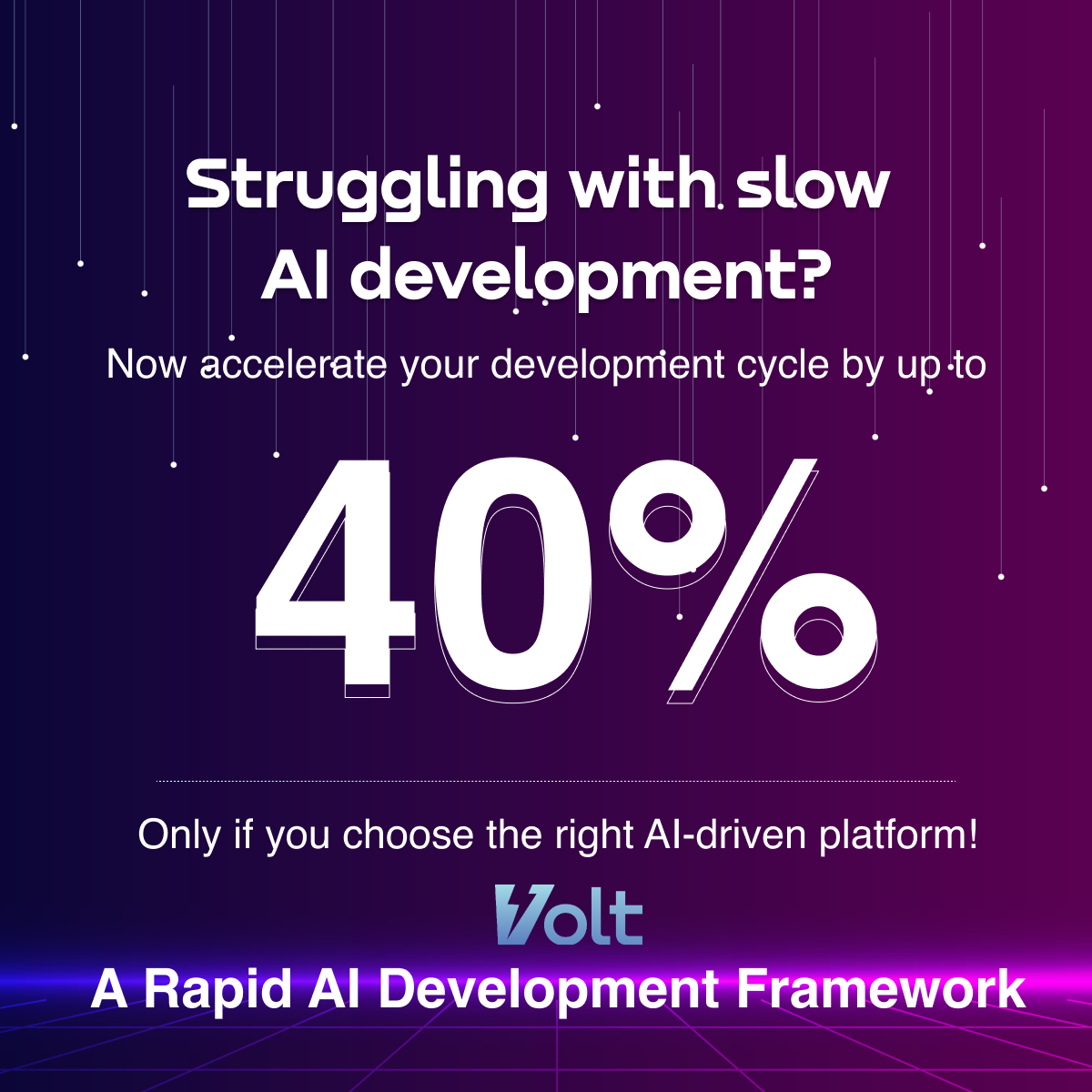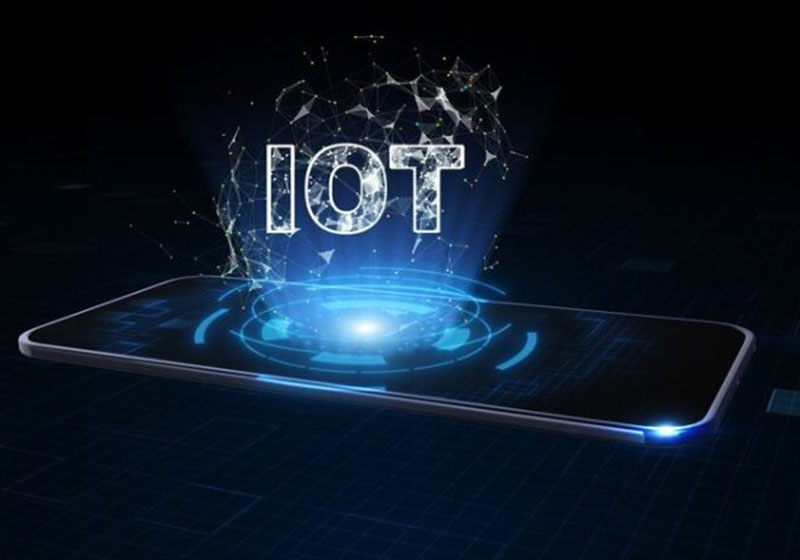Mobility Solutions
Mobility Solutions in the Healthcare industry: An Emerging Trend
 Updated 01 Nov 2023
Updated 01 Nov 2023

Healthcare and mobile technologies go hand in hand. Mobility solutions like IoT, Artificial Intelligence, Blockchain Technology, Mobile Applications, and Telemedicine are assisting the healthcare industry all over the world. Innovative healthcare tools and software like health applications, sensors, and digital wearables bring in digital transformation in healthcare and the management of health issues.
Simply put, mobility in healthcare ensures affordability and easy access to healthcare facilities. Constant technological development and the arising need have triggered the healthcare industries to incorporate digital healthcare solutions for the betterment of healthcare.
Here’s how the digital healthcare technologies are transforming the healthcare industry and reshaping the way data is shared, how the medical supply chain interacts, how decisions are made, treatment plans, and better healthcare outcomes.
We will talk about 5 such digital innovations that are incorporated in healthcare facilities to improve healthcare facilities.
1. Telemedicine
Telemedicine is an innovative approach that includes smart devices, software, applications, and technologies to deliver healthcare facilities in a hassle-free manner. Individuals experience a completely seamless process of getting medicine, scheduling doctor’s appointments, specialized consultation, and essential communication regarding their health through smart devices.
Telemedicine is an essential component that offers a mobile healthcare system, which can be accessed from the comfort zone. The medically vulnerable individuals can seek instant medical help through digital devices and technologies without traveling to receive medical services. Nowadays, healthcare service providers like clinics and hospitals have their mobile applications to stay connected with patients and deliver digital yet personalized healthcare services.
2. Nurse Alert Mobile Applications
Healthcare services have incorporated ‘Nurse alert applicationsʼ to offer immediate response to chronic, critically ill patients, and emergencies. These applications are designed to deliver maximum on-time care and assistance to patients. Often, it becomes difficult for nurses to understand the needs of a patient while they are attending to other patients. These mobile applications alert the nurses by sending notifications from the patient’s end, who needs immediate attention.
The mobile app offers effective solutions to optimize shifts effectively, offer each patient proper assistance on time, increase productivity and deliver timely assistance to chronic and critically ill patients.
3. Wearable Medical Devices
Smart wearable medical devices are one of the major mobile healthcare transformations that help healthcare companies collect relevant medical data from devices. Earlier, patients used to seek medical help only when there was something wrong. Today, the scenario has changed. Patients believe in prevention more than cure. Hence, they demand regular information about their health conditions to avoid chronic conditions. The wearable devices offer updated information and monitor risks in chronic and critically ill patients to avoid any emergency. Some of the wearable devices are heart rate sensors, exercise trackers, and sweat meters. Furthermore, fitness wearables help individuals achieve health goals through regular diet and exercise.
4. Artificial Intelligence
Artificial intelligence is much more than a mobile healthcare trend, rather it is an epitome of innovation where industry experts are investing millions and billions.
Artificial intelligence offers useful healthcare applications to diagnose critically ill patients, drug recovery, communication, medical document transcription, virtual consultation, and contact tracing. Contact tracing is one of the emerging AI trends that limits the spread of a particular disease. Artificial intelligence helps clinical physicians to offer better services to patients. The AI-enabled chat assistance also helps patients to get information, schedule appointments, and virtual consultations.
5. Blockchain Technology
Blockchain has enabled streamlined payment options in the entire healthcare industry. The mobile technology ensures secured data transfers in the medical environment, manages supply chains, and assists the medical researchers to unlock the genetic codes.
Summing Up
Mobile technologies offer actionable intelligence and quality healthcare facilities. By 2022, 95% of the healthcare centers will incorporate mobile healthcare facilities for delivering a seamless experience. Embracing these mobility solutions, mobile technologies, and app development in healthcare has resulted in quality healthcare facilities and personalized clinical care.
Explore More

Mobile Applications


